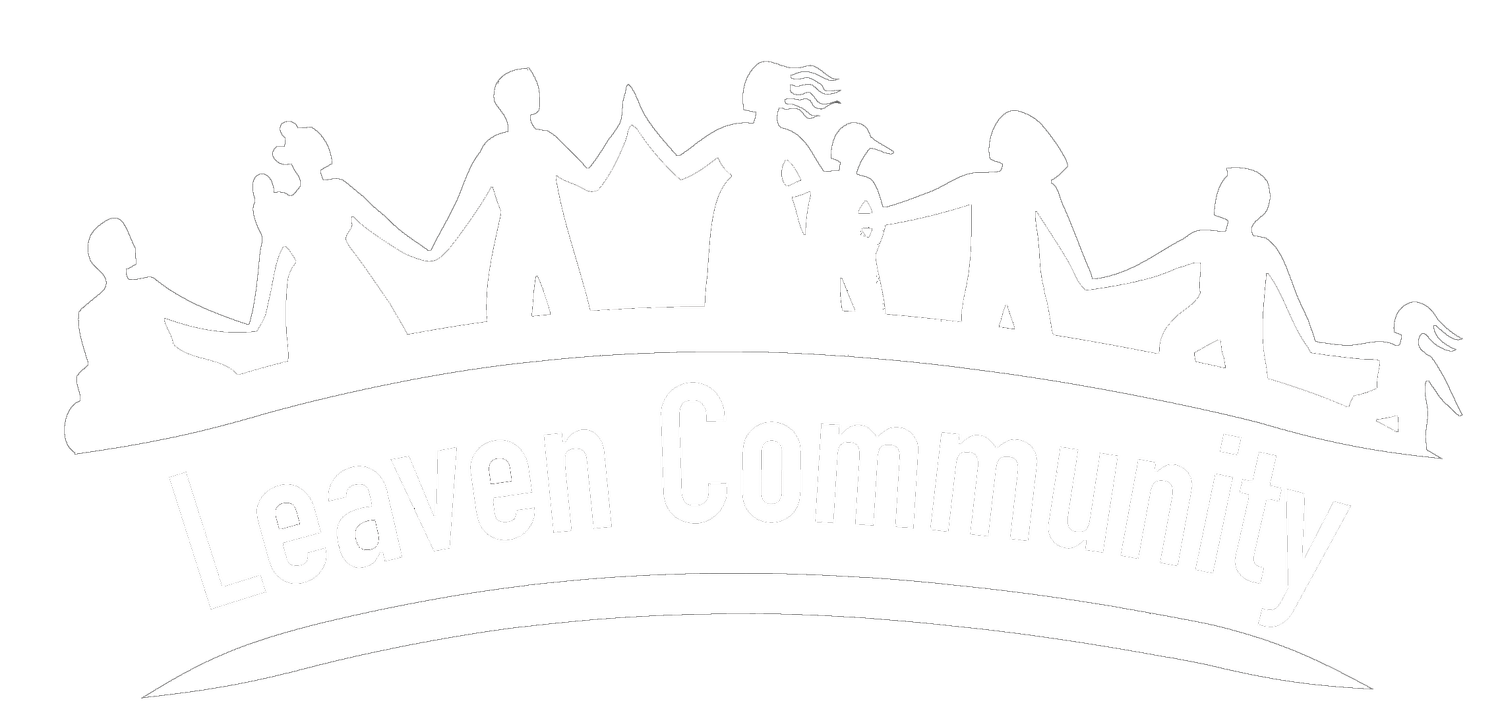Discussion Facilitator: Bruce Cantwell. Saturday, February 22, 2020.
Apart from clinging to form (or physical matter), feelings (or physical sensations), perceptions (sense data-plus feelings), reactions, and consciousness (raw sense data and thoughts) as I, me, or mine, can anything else create suffering?
The Five Aggregates
I've never been a fan of the word "aggregates" as a translation of the five skhanda that we tend to identify with as ourselves, things we own, or are owned by. They refer to physical form (matter), sensations (or feelings), perceptions (awareness), reactions, and consciousness (raw sense data).
For the lack of a better word, I'll refer them as the "things" we take to be self.
Five Things We Cling To
Contemplate "whatever our minds can remember, imagine, think, create, or produce by way of mental processes."[1] in terms of the five things subject we take to be I, me, or myself.
Understand form as gases, solids, liquids, and temperature, and their various impermanent configurations.
Understand sensations as born of contact with eye, ear, nose, tongue, skin or thoughts.
Understand perception as born of contact with form, sound, of smell, taste, tactile sensations or ideas.
Understand reactions as born of perception of forms, sounds, smells, tastes, tactile sensations or ideas.
Understand consciousness as eye-consciousness, ear-consciousness, nose-consciousness, tongue-consciousness, body-consciousness, and mind-consciousness.
From the arising of causes and conditions comes the arising of things: from the ceasing of causes and conditions is the ceasing of things: and the path leading to the ceasing of form is the skillful eightfold path.
That pleasure, that happiness, which arises because of things, that is the satisfaction that is in them.
In so far as things are impermanent, destined to result in suffering, and liable to change, that is the misery that is in things.
That restraint of craving, that putting away of craving which are in things, that is the escape from things.
Any kind of thing whatever, whether past, future or present, in oneself or external, gross or subtle, inferior or superior, distant or nearby: one sees all of it with right understanding thus: 'This is not mine; this is not I; this is not myself.’
The Suffering of Identification
The untaught average person regards things as self, or self as having things, or things as being in self or self as being in things.
'I am things' one says; or ‘things are mine’, or ‘May I be of such things in the future’; and one is obsessed with that idea.
Even as one is so obsessed, those things changes, become otherwise, and owing to the change and transformation of things, there arise in one sorrow, lamentation, pain, grief and despair.
The Liberation of Non-Identification
The well-taught person does not regard things as self, nor self as having things, nor things as being in self, nor self as being in things.
One does not say 'I am things'; one does not say 'things are mine'; nor is one obsessed with that idea.
Those things of one who is not so obsessed change, becomes otherwise, but owing to the change and transformation of things there do not arise in one sorrow, lamentation, pain, grief and despair.
One who fully understands things in this way, and is treading towards the disenchantment with, the detachment things, and the cessation of form, is skillfully treading, and firmly grounded in this Norm and Discipline.
And one who is liberated without grasping due to disenchantment with, detachment from, and cessation of things — is truly liberated. One who is truly liberated, is 'accomplished,' and for the 'accomplished,' there is no whirling round for purposes of designation.[2]
Discussion
We did a thought experiment to test the hypothesis that identifying with things creates suffering. We began by observing this was the last time the Waking Up group would meet. (Since nothing is permanent, that day will inevitably come.)
We each sat with the situation to contemplate to what degree our suffering stemmed from how much of our identity was tied to the group.
Complete Series on the Four Fields of Awareness
[1] Gunaratana, Henepola. The Four Foundations of Mindfulness in Plain English, Wisdom Publications, 2013
[2] Bodhi, Bhikkhu. In the Buddha's Words: An Anthology of Discourses from the Pali Canon. Perseus Books Group. Kindle Edition.

